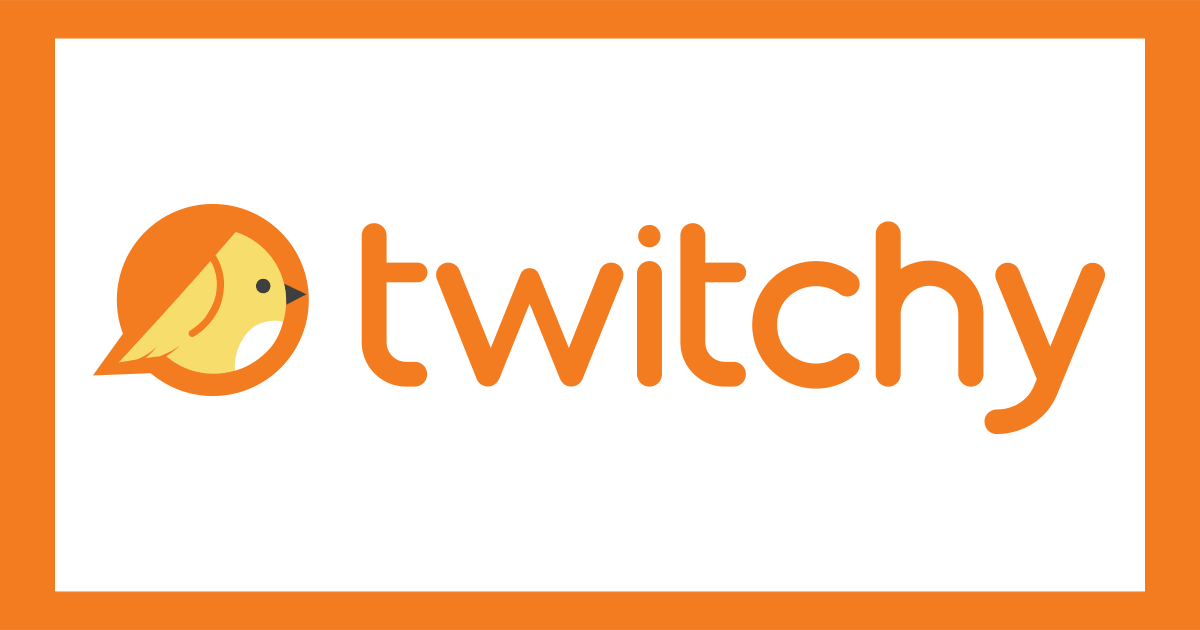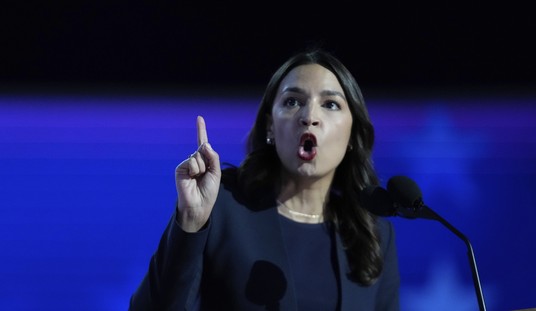The New York Times’ David Leonhardt has a must-read piece out this morning on Covid where he argues that “for the past two years, Americans have accepted more harm to children in exchange for less harm to adults”:
@DLeonhardt nails it-
“For the past 2 years, many communities in the U.S…have accepted more harm to children in exchange for less harm to adults, often without acknowledging the dilemma or assessing which decisions lead to less overall harm.”
https://t.co/WGHFbx7drx— Melissa S. Kearney (@kearney_melissa) January 4, 2022
“Spot on”!
This morning's newsletter from @DLeonhardt is depressing but spot on.
We have consistently put children and young people last. And it shows. https://t.co/PK2xXcB1W6
— ProfEmilyOster (@ProfEmilyOster) January 4, 2022
Of course, we’ve been saying this for almost two years now:
I have been screaming about this from the rooftops since April 2020. We will be seeing the effects of what we’ve done to children for the rest of their lives. https://t.co/4LI7C5jDna
— Bethany S. Mandel (@bethanyshondark) January 4, 2022
How do people NOT know this?
How did I not know this? What a perspective-granting fact, from @DLeonhardt at the @NYTimes:
"Children face more risk from car rides than Covid."
I'm not being snarky or sarcastic. It's a comparison I had not heard made and it's helpful.https://t.co/O4GkBdDVA8
— Lenore Skenazy (@FreeRangeKids) January 4, 2022
Recommended
He has a *really* long thread on all of this that starts here, but. . .
American children are starting 2022 in crisis.
I'm not sure that many people fully grasp the depth of it.
— David Leonhardt (@DLeonhardt) January 4, 2022
. . .here’s his conclusion:
Bottom line: For the past two years, large parts of American society have decided harming children was an unavoidable side effect of Covid. And that was probably true in the spring of 2020, when nearly all of society shut down. It's been less defensible since then.
— David Leonhardt (@DLeonhardt) January 4, 2022
Data now suggest that many changes to school routines are of questionable value. Some researchers are skeptical that school closures even reduce Covid cases. Other interventions, like forcing students to sit apart from their friends at lunch, may also have little benefit.
— David Leonhardt (@DLeonhardt) January 4, 2022
One reason: Severe Covid, including long Covid, is extremely rare in children. For them, the virus resembles a flu. Children face more risk from car rides.
They also face more risk – to their mental health, emotional development and physical well-being – from closed schools.
— David Leonhardt (@DLeonhardt) January 4, 2022
The widespread availability of vaccines also raises an ethical question: Should children suffer to protect unvaccinated adults — who are voluntarily accepting Covid risk for themselves and increasing everybody else’s risk, too? Right now, the U.S. is effectively saying yes.
— David Leonhardt (@DLeonhardt) January 4, 2022
To be clear, there are some hard decisions and unavoidable trade-offs. Covid can lead to hospitalization or worse for a small percentage of vaccinated adults, especially those who are older, and allowing children to resume normal life could create additional risk.
— David Leonhardt (@DLeonhardt) January 4, 2022
… Communities have accepted more harm to children in exchange for less harm to adults, often without acknowledging the dilemma or assessing which decisions lead to less overall harm.
So it is not surprising that children are suffering so much. https://t.co/blOe9iRbYh
— David Leonhardt (@DLeonhardt) January 4, 2022
***
























Join the conversation as a VIP Member